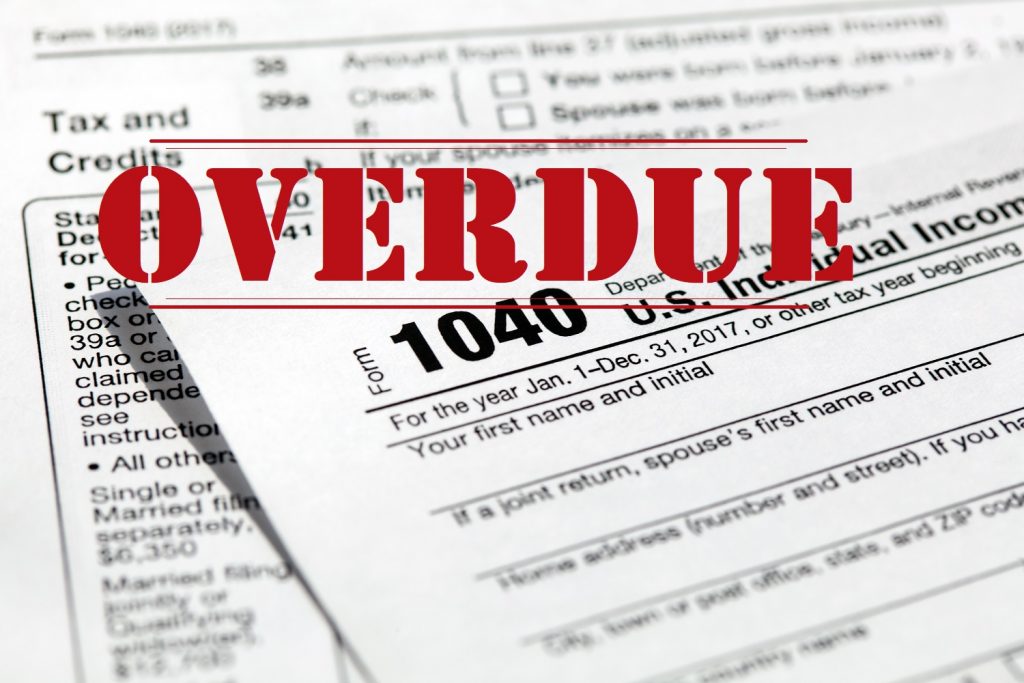
The IRS establishes filing deadlines for the various types of tax returns. Any return that is not electronically submitted or postmarked by those stated deadlines are considered late. For example, for 2023 the filing deadline is April 18th. Any tax return that isn’t e-filed or received by the post office by the end of the day on April 18th is considered late.
Whenever there’s a tax liability associated with a tax return that’s not filed on time, penalties will be assessed. When a return is filed late, the IRS adds a failure to file penalty to the amount of tax you owe. If the payment associated with that return is not paid by the deadline, it’s also considered late, and the IRS adds a failure to pay penalty. As if those two penalties aren’t already enough, the IRS immediately begins assessing interest on whatever is owed to them.

Failure to File Penalty
The failure to file penalty is assessed monthly, and the amount is 5% of the tax owed. 5% is added to the balance each month the return is outstanding. For example, if someone who filed late owes the $1000 in tax. The monthly failure to file penalty would be $50. However, the failure to file penalty is capped at 25%.

Failure to Pay Penalty
In addition to the failure to file penalty, there’s a failure to pay penalty. The penalty is assessed monthly, and the amount is 0.5% of the tax owed. 0.5% is added for each month the tax due isn’t paid. This penalty is also capped at 25%. Although the failure to pay penalty is in addition to the failure to file penalty. it reduces the failure to file penalty by 0.5%. Therefore, the failure to pay and failure to file penalties combined are 4.5% per month.

Interest Penalty
On top of the failure to file and failure to pay penalties, the IRS assesses interest on the amount of money you owe them. The interest rate is the short-term federal fund rate plus 3%. The federal funds rate as of April 2023 is 4.5%. Which means the IRS is currently charging 7.5% interest on unpaid balances and that interest accrues daily.
Abatement or Waiver of Penalty
The IRS does have a process in which penalties (not interest) could be reduced or waived all together. This is referred to as First Time Abatement. First Time Abatements must be requested and are subject to approval by the IRS. You must be current on all previous tax returns and have never received the abatement in the past. For more information on what qualifies and how to apply for a First Time Abatement click here.
Do you have a tax question or need to schedule an appointment with a tax professional?
Need a tax professional to make sure your taxes are filed correctly?
